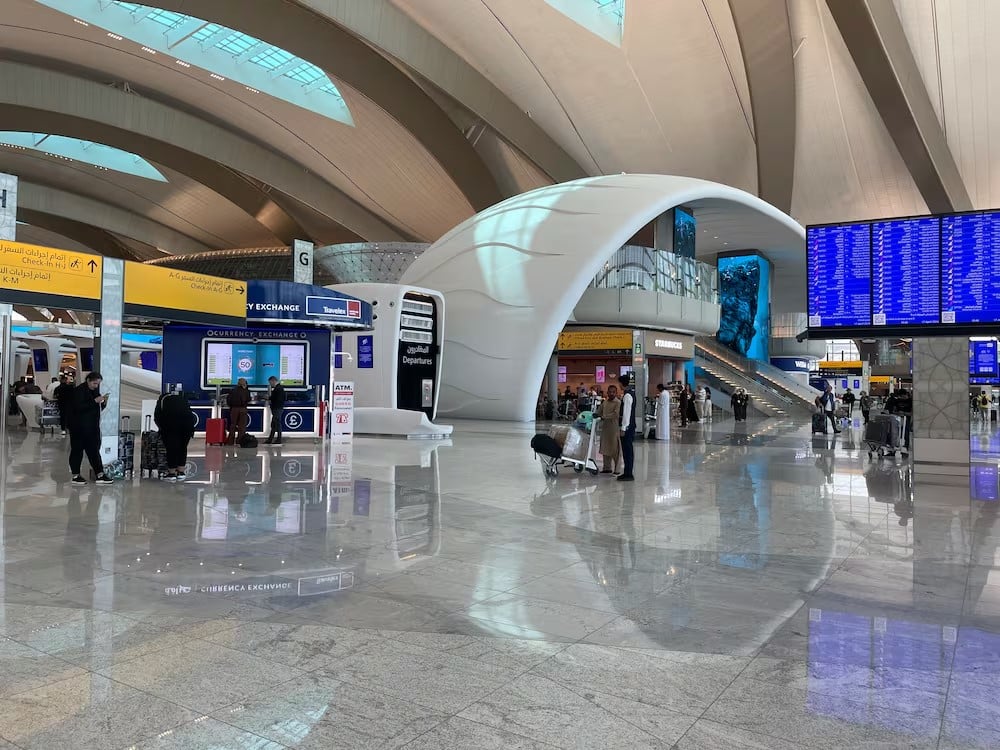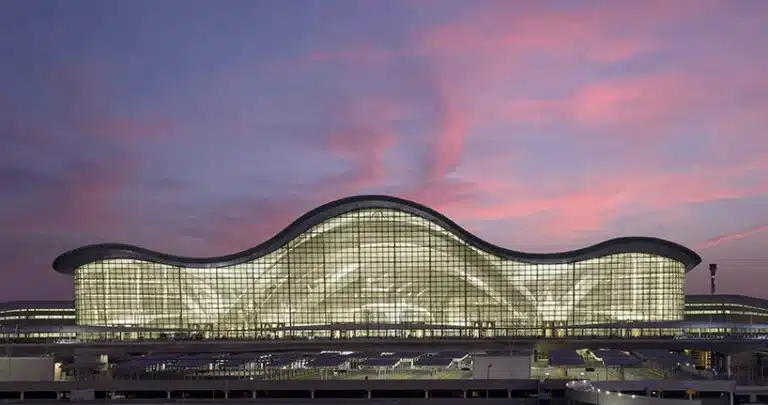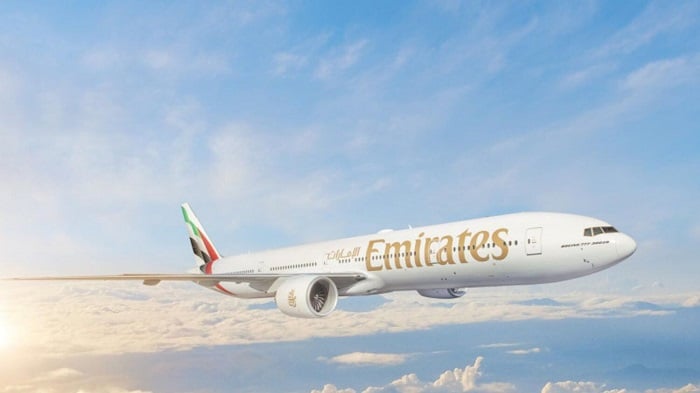Zayed International Airport Soars with 36% Passenger Traffic Increase

Zayed International Airport saw a significant surge in passenger traffic during the first quarter of 2024, marking a 36% increase compared to the previous year. This growth, attributed to the opening of its new terminal in November and the attraction of more airlines, reflects a rising demand for travel. Managed by Abu Dhabi Airports, the airport, which serves as the base for Etihad Airways, welcomed over 6.8 million passengers in the initial three months of the year. Concurrently, all five of Abu Dhabi’s airports collectively experienced a 35.6% year-on-year rise, with total passenger numbers exceeding 6.9 million during the same period.
Elena Sorlini, the Managing Director and CEO of Abu Dhabi Airports, emphasized the growing appeal of the capital’s airports to airlines and passengers worldwide. She reiterated the commitment to enhancing facilities and services to ensure a superior passenger experience. With robust first-quarter results, the airport group positions itself for further expansion and success in the future.
This surge in air passenger traffic aligns with Abu Dhabi’s broader efforts to bolster its tourism and non-oil sectors. Notably, Zayed International Airport witnessed the return of Turkmenistan Airlines and the launch of Hainan Airlines’ route to Haikou, China, bringing the total number of regular scheduled operators to 29. Among the top destination cities, London retained its lead, followed by Mumbai, Kochi, Delhi, and Doha.
In addition to passenger growth, air cargo volumes also saw a substantial increase of 25.6% year-on-year, reaching 162,000 tonnes in the first quarter. This growth was primarily driven by heightened shipments of general cargo and specialized products, including express deliveries, temperature-controlled items, and pharmaceuticals.
Abu Dhabi Airports aims to future-proof its operations by expanding Terminal A’s capacity to 65 million passengers within ten years, up from the current 45 million, to solidify Abu Dhabi’s status as a global business and tourism hub. This expansion aligns with Etihad Airways’ ambitious goals, which include tripling passenger numbers to 33 million and doubling its fleet to 150 planes by 2030. Etihad Airways’ CEO Antonoaldo Neves highlighted the critical role of the new airport terminal in facilitating the airline’s future expansion.
Furthermore, Abu Dhabi’s Department of Culture and Tourism plans to invest over $10 billion in infrastructure as part of its new major tourism strategy. This strategy aims to significantly boost the emirate’s GDP and attract a higher number of visitors, contributing to Abu Dhabi’s economic diversification efforts.







